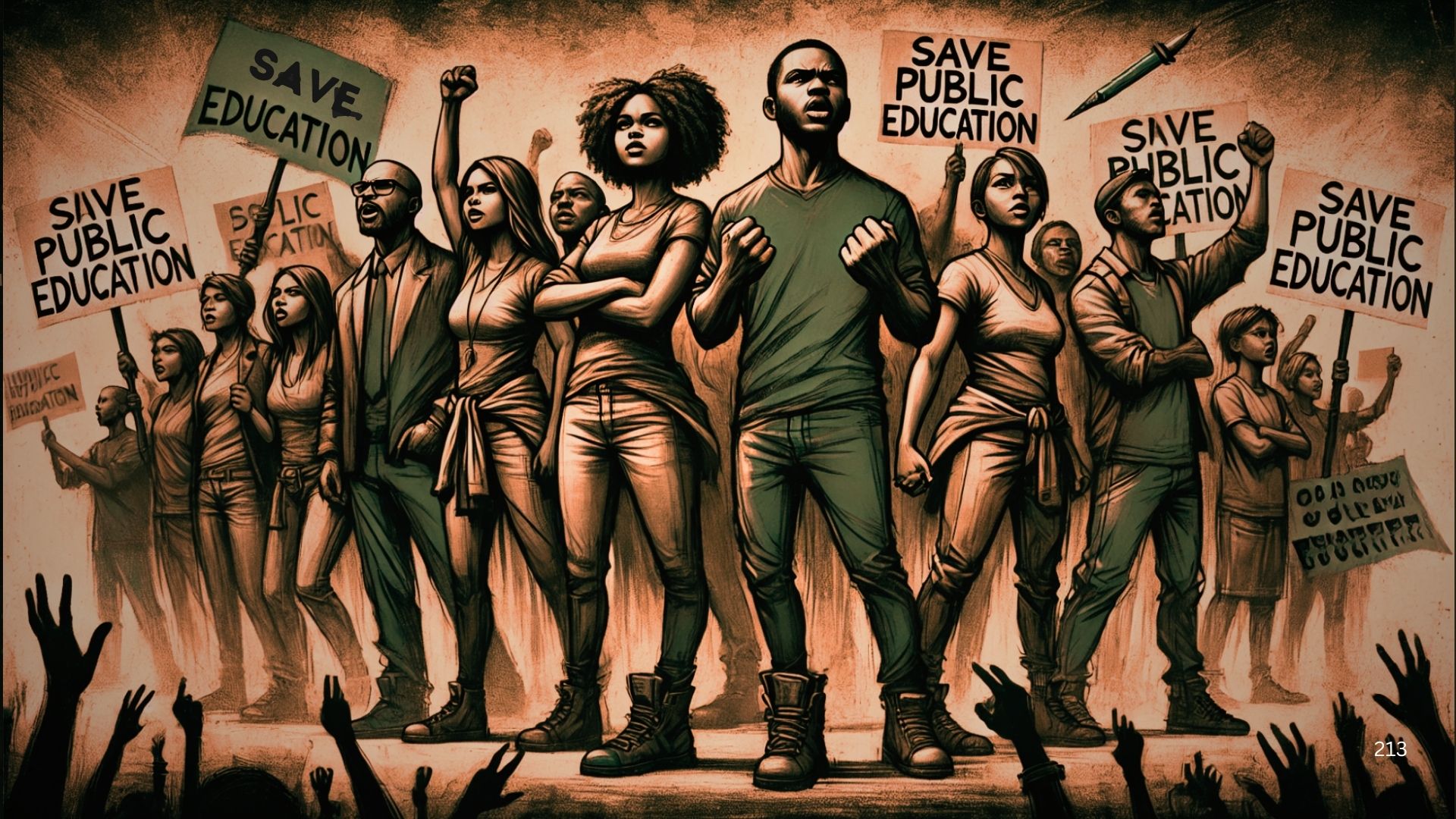On a recent episode of Hard Knock Radio, host Davey D engaged in a thought-provoking discussion with two leading education scholars, Dean Pedro A. Noguera of the USC Rossier School of Education and Professor Noliwe Rooks, Chair of Africana Studies at Brown University. The conversation centered around the future of public education in the U.S., especially in light of political shifts and rising privatization efforts.
The Potential Elimination of the Department of Education
The dialogue began with a stark warning: the Department of Education, long a target of conservative politics, is under threat from the current political landscape. Professor Rooks highlighted that calls to dismantle public education have a long history, spanning both Democratic and Republican administrations. She pointed out that the communities most at risk are those with high poverty, immigrants, and special education needs—groups who rely heavily on federal funding. Rooks emphasized that this systemic attack on public education is not merely political rhetoric but an ongoing effort to privatize schools, often at the expense of marginalized communities.
Dean Noguera added that the future of public education, especially in rural America, is not as simple as it seems. Public schools in these communities are vital to social cohesion, and the elimination of the Department of Education could face strong opposition, even from within conservative ranks. However, he acknowledged the high levels of dissatisfaction in urban districts, particularly in Black and Brown communities, where the education system has long failed to meet the needs of students. This frustration has fueled support for alternatives like charter schools, although Noguera cautioned that these solutions don’t always address the root problems.
Privatization and the Power of Silicon Valley
Both Noguera and Rooks delved into the growing influence of tech giants in education, warning that companies like Google and Facebook view public schools as lucrative markets. As the technology industry continues to push for “education reform,” they fear that solutions like online schools and micro-schools may further exacerbate the inequality in the education system. Professor Rooks pointed out that these ventures are sold to poor communities with promises of better access, but the underlying reality is that these “solutions” are not what affluent families would ever consider for their children. The move toward privatization and the shift away from traditional public education, Rooks argued, is deeply rooted in a broader agenda of global capital, not concern for the well-being of marginalized students.
The Role of Parents and Communities in Education
The conversation also focused on the role of parents in defending public education. Rooks stressed the importance of local organizing and the need for grassroots movements to stand up against the push for privatization. Despite the challenges, she emphasized that there are parents across the country fighting for better schools in their communities. However, she acknowledged that these efforts are often fragmented, and that the fight for education cannot rely solely on government intervention or mainstream organizations.
Dean Noguera echoed the importance of community involvement, but he noted that the lack of trust in public schools, particularly in Black and Brown communities, makes it difficult for many parents to rally behind an ailing system. However, he was optimistic that teacher unions and grassroots organizations would play a pivotal role in pushing back against the attacks on public education.
Looking Ahead: Resistance and Action
As the conversation wrapped up, both experts offered their insights into what needs to happen next. Noguera urged listeners to stay informed and connected with organizations working to defend public education. He emphasized the importance of coalition-building, not just among teachers and parents, but across political and racial lines. Rooks, while more pessimistic about the immediate future, called on people to focus on local efforts to strengthen public education in their own communities. She urged listeners to support schools that are working and to fight against the systematic dismantling of education systems in favor of privatized models.
Both Noguera and Rooks are clear-eyed about the threats facing public education, but they also recognize the potential for resistance. The conversation was a powerful reminder that the fight for equitable, accessible public education is far from over—and that the strength of community organizing will be crucial in shaping the future of education in America.
For those interested in exploring these issues further, Noguera’s recent work includes The Search for Common Ground and City Schools and the American Dream, while Rooks’ latest book Integrated: How Schools in America Fail Black Children will be released in March 2024.
Stay engaged, stay informed, and above all, stay active in the fight for public education.


Leave a Reply